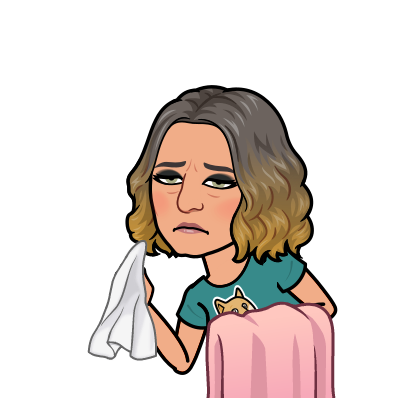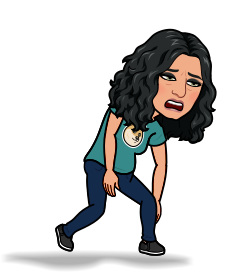- Level: B2, C1, C2
- Activity: True/False handout on TPT (0.99$)
- Language focus: emotions vocabulary, science, health
- Media: video
What are your thoughts on Omicron? Are you frustrated that despite all your efforts, people (maybe even you) have gotten sick? Are you afraid of the next variant? Are you vaccinated, boosted and wondering why you bothered? Or do you see Omicron as the beginning of the end of a pandemic that has changed us in so many ways we still can see the forest for the trees? Perhaps you see Omicron as a blessing, a harbinger of better times yet to come.
All of the Above
If I am being totally honest, I feel all those things. I am vaccinated, boosted, wear my mask everywhere I go, wash my hands obsessively and analyze every sneeze, cough and sniffle with scientific discipline. I am a goody-goody who did everything public health officials recommended. Do I regret it? No, absolutely not? Do I sometimes wonder if it was too much? Yes, sometimes.
Give me the Facts…Again
That is why I really appreciated, Jo Hanson’s video Here’s What I Learned from Getting COVID. The host of PBS’s It’s Ok to be Smart is pro-vaccine, pro-mask, pro-anything-that-will-protect-the-population (see Masks vs. Corrona, lesson), and got COVID anyway. He candidly shares his frustration. Still, without defending or trying to convince, he diligently gives a fact-based explanation of why this happened and why it is still important to do everything in our power to stop the spread.
Warm-up
- Elicit people’s thoughts on Omicron: is it a blessing or a threat
- How does this new variant make them feel? Helpless, no big deal, ready for another wave, discouraged, scared.
- What do we know about the virus?
- (I would stay away from a pro or against discussion on vaccines if I were you)
- Go through the statements on the handout and make predictions of the answers

The video: It’s Ok to be Smart– Here’s What I Learned from Getting COVID
Discussion
- You can use the handout to talk about the various points made in Jo’s talk
- What do you think are the key ‘take-aways’ on vaccines, the severity of Omicron, what attitude we should adopt to stay safe AND stay sane?






